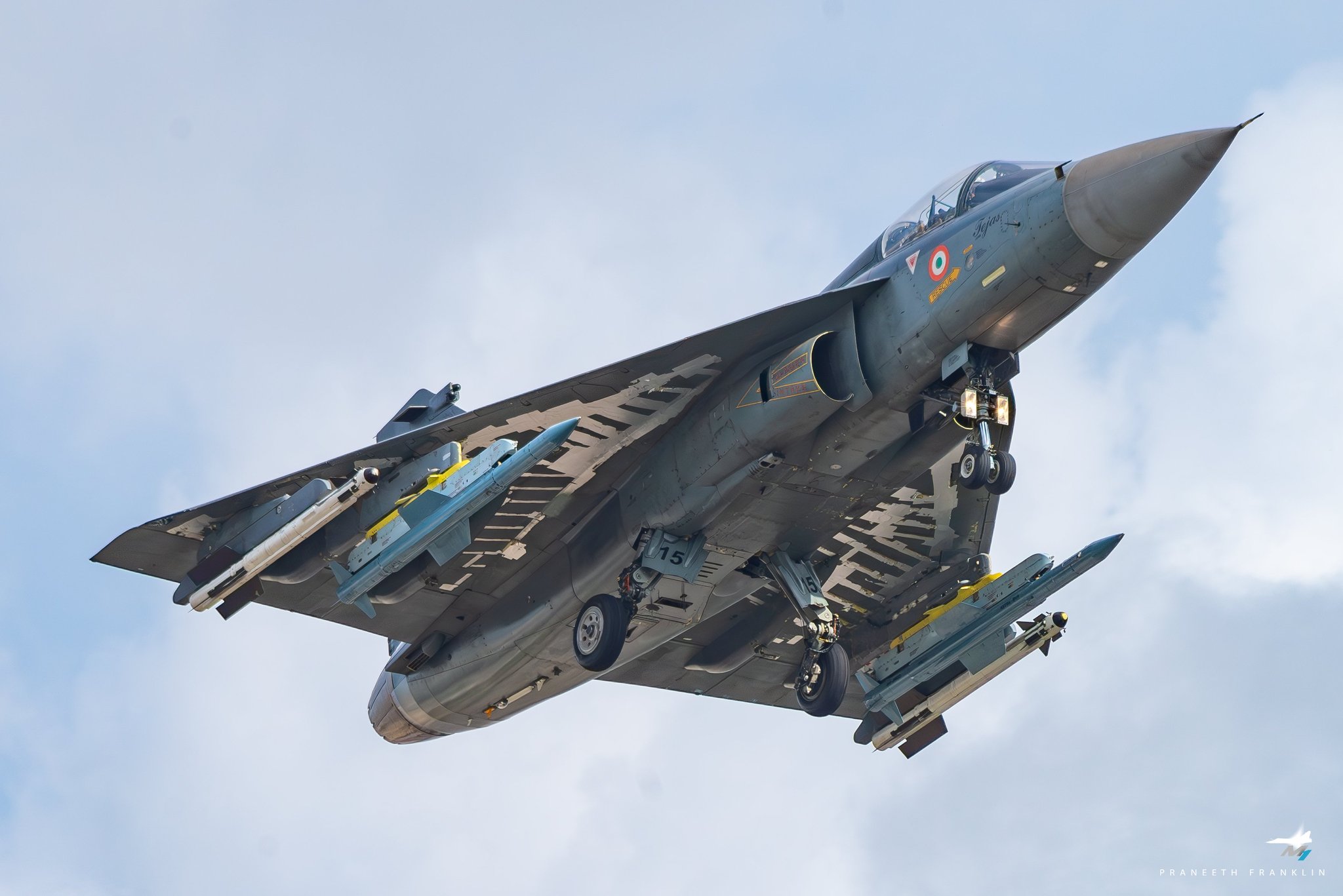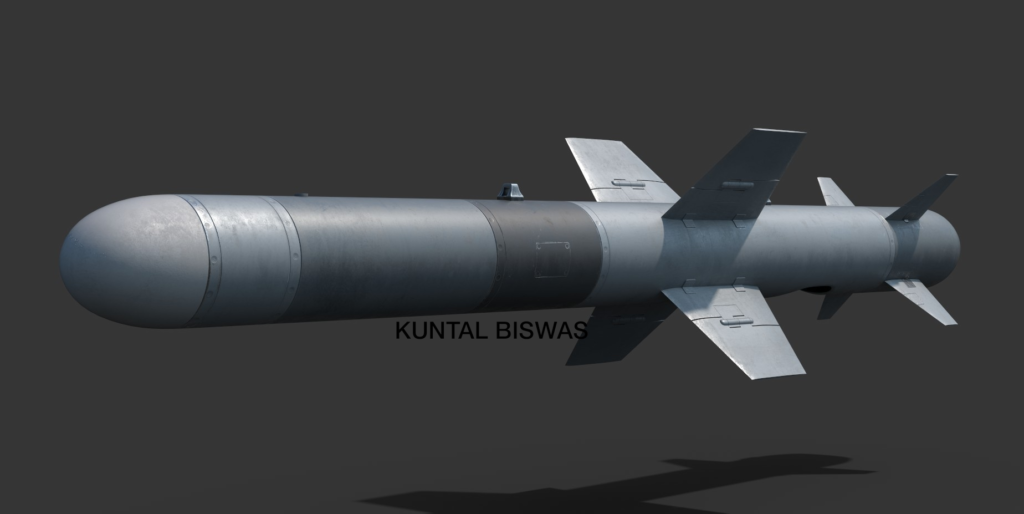
In a significant move aimed at fortifying the operational capabilities of India’s Armed Forces, the Defence Acquisition Council (DAC) chaired by Raksha Mantri Shri Rajnath Singh gave its nod to capital acquisition proposals valued at a staggering Rs 2.23 lakh crore on November 30, 2023. This decision, marked by its emphasis on domestic sourcing amounting to 98% of the total, aligns closely with the ‘Aatmanirbharta’ initiative in the defense sector.

The approved proposals encompass a spectrum of acquisitions vital for augmenting India’s defense prowess. Noteworthy among them is the procurement approval for Light Combat Helicopters and Light Combat Aircraft Mk 1A from Hindustan Aeronautics Limited (HAL), marking a significant stride in bolstering the aviation fleet of the Indian Air Force (IAF) and the Indian Army.

In a bid to enhance the naval capabilities, the DAC greenlit the acquisition of Medium Range Anti-Ship Missiles (MRAShM) tailored for the surface platform of the Indian Navy. These MRAShMs, envisioned as lightweight Surface-to-Surface Missiles, are poised to serve as primary offensive armaments aboard Indian Naval Ships.

Recognizing the need for advanced artillery equipment, the DAC also approved the procurement of state-of-the-art Towed Gun Systems (TGS) set to replace the retiring Indian Field Gun (IFG). Furthermore, the acceptance of necessity for 155 mm Nubless projectiles, designed to augment the lethality and safety of artillery guns within the Indian Army, signifies a concerted effort towards modernization.

A critical aspect of the DAC’s deliberation was the accord of Acceptance of Necessity (AoN) for the procurement and integration of Automatic Target Trackers (ATT) and Digital Ballistic Computer (DBC) for T-90 Tanks, further enhancing their combat superiority.

Underlining a pivotal shift towards self-reliance, the DAC’s decision holds profound implications by reducing reliance on foreign Original Equipment Manufacturers (OEMs). This indigenous thrust is exemplified by the AoNs for the upgradation of Su-30 MKI Aircraft, highlighting a paradigm shift towards bolstering indigenous capabilities in defense manufacturing.

Moreover, in a bid to catalyze indigenous production, a major amendment in the Defence Acquisition Procedure (DAP) 2020 has been greenlit. It mandates a minimum of 50% indigenous content in the form of materials, components, and software manufactured in India for all procurement cases, irrespective of category. This transformative step aims to stimulate the domestic defense ecosystem while reducing dependency on overseas sources.
Furthermore, the DAC’s proactive stance towards encouraging start-ups and Micro, Small & Medium Enterprises (MSMEs) is evident through its decision to consider registered MSMEs and recognized start-ups for Request for Proposal (RFP) issuance in procurement cases with AoN costs up to Rs 300 crore. This inclusivity aims to foster innovation and participation in the defense sector.
The DAC’s comprehensive deliberations and approvals signal a robust commitment to fortify India’s defense capabilities while invigorating the indigenous defense industry, aligning seamlessly with the nation’s pursuit of self-reliance in defense manufacturing.


